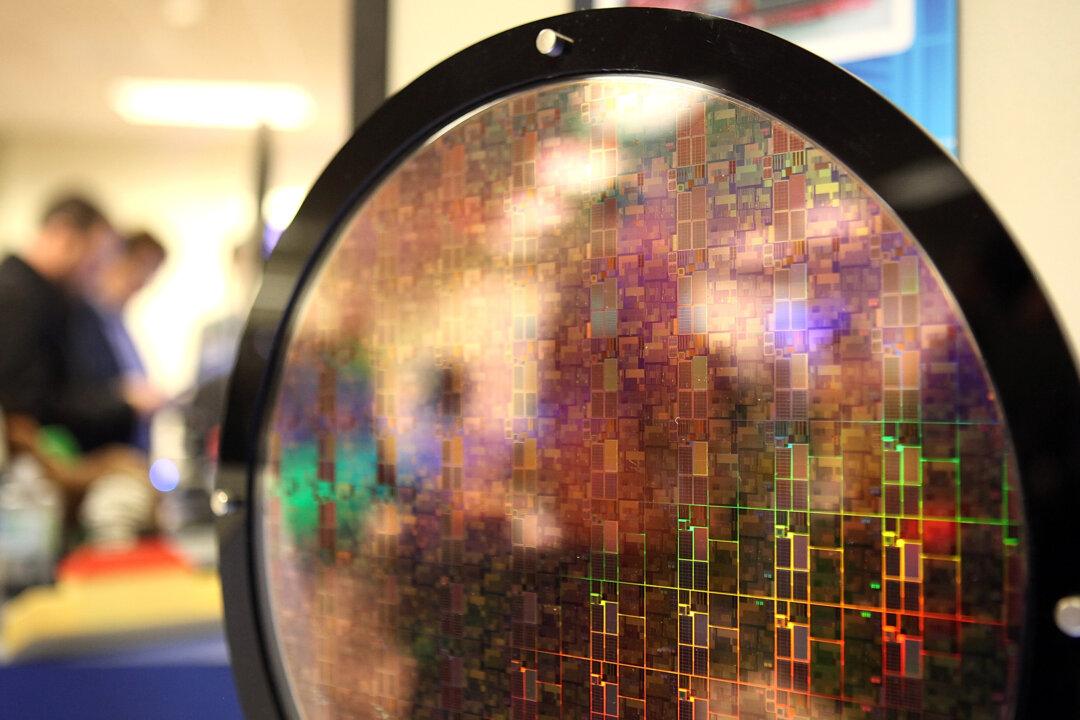A comprehensive bill to boost American science and technology to compete with China’s growing economic power and global influence, particularly regarding semiconductors capacity, has been stalled in the House of Representatives, after being passed by the Senate in June. As a result, proponents are looking for alternatives to turn it into legislation.
The U.S. Innovation and Competition Act (USICA) of 2021 would authorize $190 billion in spending for scientific research and development and $52 billion in funding to boost semiconductor production in the United States. The bill further includes measures to defend friendly foreign semiconductor producers.





